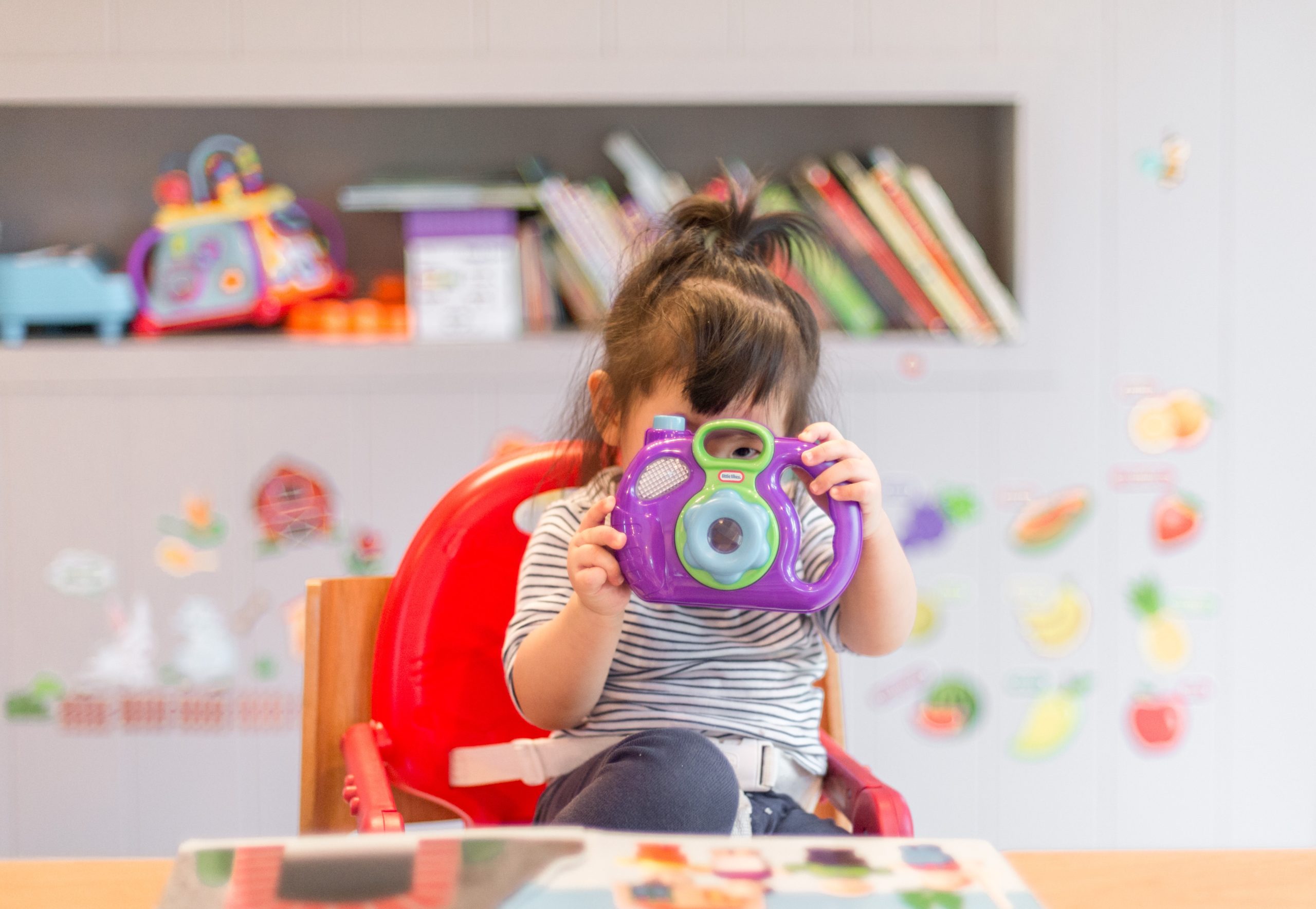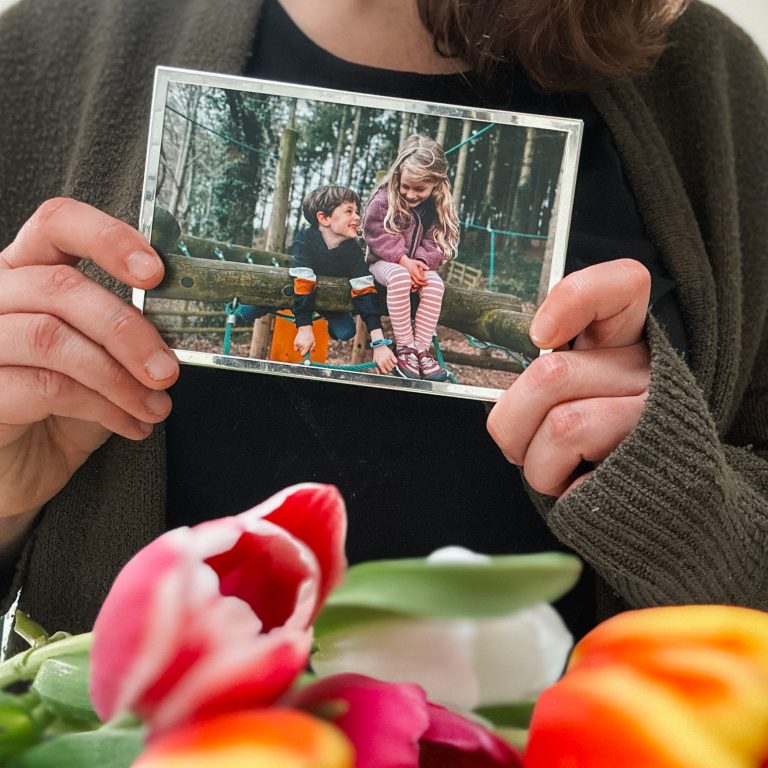A fresh start in a new country can be incredibly daunting, but moving with your kids is a totally different ballgame. From the emotional stress on a child to the complexities of childcare, education, language barriers, and integration, it pays to be prepared. With tips on dealing with different-aged kids, what to do before you move, and more, let’s explore some of the ways you can make moving overseas with children as simple and stress-free as possible.
How age affects relocating with children
Moving abroad with older children
For kids that are over the age of ten, you should be as open as possible with them about your move. This means including them in conversations and taking into consideration their concerns. However, while it’s important not to brush their feelings under the rug, they should understand that the decision rests with you and that you always have their best interests at heart.
A big issue for older kids is their social circle, too, so make sure you convey how moving abroad doesn’t mean abandoning their friends. Social media will help here, but make sure they’re active in their attempts at staying connected.
Moving abroad with younger children
Again, with younger children, encourage as much communication as possible. They’ll probably have different questions to ask than older kids, and while some of their queries may sound trivial, it’s important to take them seriously. It’s also important to set expectations with younger children, especially if they don’t fully understand the concept of how far away your new home is. Make it clear that friends and family can’t just pop over to see them, for example, to help them prepare.
Moving home with children is complicated, no matter their age and no matter where you’re moving. Luckily, we’ve covered it in the past. Find out more about removing the chaos from moving home with kids.

How to prepare when moving abroad with family
Preparation when moving overseas with children can make the process a whole lot simpler. Here are a few of the necessities to think about:
Carry out a visit
Take your family to your new home in advance so they can experience it before moving. On your visit, take in the neighbourhood you’re moving to so you can all familiarise your children with places like doctors, community centres, parks, and anywhere else that will help them feel more at ease.
Research education options
Consider international schools for aided integration, but make sure they’re the right fit. Sometimes they aren’t as effective as traditional schools, so reach out to other parents in advance to find out more information.
Understand the costs
From childcare to healthcare and much, much more, you need to be realistic about the costs of moving abroad with family. You may need an emergency fund to help your transition, or it might simply mean evaluating your budget to make sure there are no surprises. One of the major expenses is moving your possessions to your new home. Here, it’s a balancing act of finding a trusted removals company as well as an affordable one, for the ultimate peace of mind and a professional service.
Legal Considerations for Safe Travel
When relocating internationally with children, it’s essential to be aware of the legal responsibilities associated with ensuring their safety during travel. In Arizona, for instance, ARS 13-1201 defines endangerment as recklessly endangering another person with a substantial risk of imminent death or physical injury. While this statute is specific to Arizona, it underscores the importance of adhering to safety regulations and legal requirements when transporting your family, especially in unfamiliar jurisdictions.
Consider childcare options
Childcare is crucial for younger children and differs from country to country, so make sure you’ve done your research. Even better, try to arrange childcare in advance so you know what you’re setting yourself, and your kids, up for.
Learn the language
You don’t need to be fluent, but learning fundamental words and phrases will help you assimilate into the community. Even something as simple as “thank you”, “hello”, and “goodbye” can go a long way with locals, and learning with your kids can help them engage with the culture they’ll be adopting.

Four quick tips for moving overseas with children
There are lots of ways you can go wrong when moving abroad with children, but we’ve got you covered with four quick tips to make the process as smooth as possible. And to avoid common problems when moving, here are three important things never to do when moving house.
1. Stay connected to friends and family back home
If you’re moving abroad, it’s hard to say goodbye to family and friends. However, a great source of comfort comes from the ones you love, so make an effort to stay in touch and communicate regularly with them once you move. This helps you and the kids get used to your new surroundings without feeling too homesick.
2. Establish an emotional plan
You need to be prepared for the emotional toll moving overseas can take on everyone in your family. Whether it’s younger kids having more tantrums, older kids feeling confused and unhappy, or you and your partner falling out from time to time, have conflict-resolution measures in place so you can overcome emotional times together.
3. Make connections before you arrive
Connecting with new people is one of the hardest aspects of moving to a new area, never mind a new country. Use the power of social media to create connections before you arrive, be it community groups or playgroups for your kids, or social events for couples, parents, and families.
4. Say a proper goodbye to your home
This makes things real for the children, and, for yourself. Saying goodbye to family, friends, and other loved ones can make the transition feel real and make things smoother. You can even plan a going-away party, or something similar, to mark the occasion as a positive one.Need some backup? We’ve got some great advice on how to make moving home less stressful.

Let’s move!
Everything is in order, you’re ready to go. Hopefully, these insights will have provided some comfort around your big move and will help you make the process of moving to a different country with your family a positive one.









No Comments